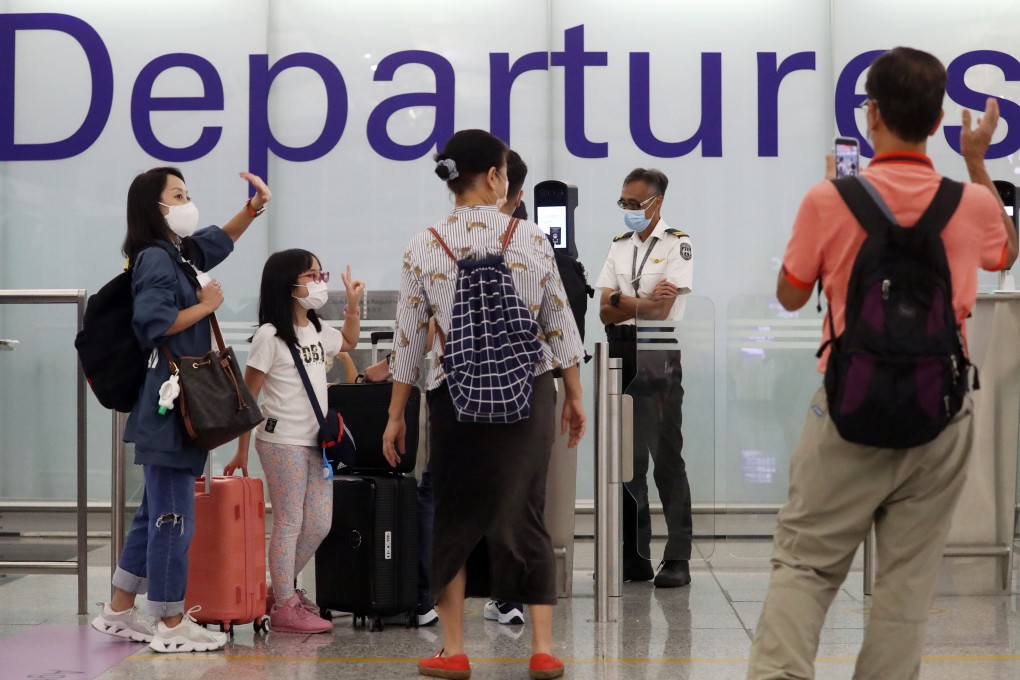Advertisement
Outside In | Is the national security law driving a Hong Kong exodus? Not so fast
- Whether emigration is being driven by the security law has yet to be established by data, no matter how eager the international media are to jump to conclusions
- At the same time, other powerful forces are driving migration flows, including the influx of mainlanders
Reading Time:4 minutes
Why you can trust SCMP
19

Let’s continue with the theme of “lies, damned lies and statistics” – this time focusing on a current favourite narrative of the international media, the frantic emigration from Hong Kong following the introduction last year of the national security law.
The issue is critically important for Hong Kong’s future. If national security legislation has indeed triggered a rush for the exits, and a significant brain drain, then the issue warrants urgent government attention.
The flurry of international media excitement was triggered by the August 12 release of the Census and Statistics Department’s provisional estimate that Hong Kong’s population had fallen by 87,000, to 7.39 million, in the year to June.
Advertisement
This came with British government reports of 64,900 applications for the special British National (Overseas) visas offered to Hongkongers since late January. About 47,300 visas have been granted, with between 123,000 and 153,700 Hongkongers expected to move to Britain in the first year of the scheme.
There was also news from Hong Kong’s Mandatory Provident Fund that withdrawals on the grounds of permanent departure last year jumped to HK$6.6 billion. Some market analysts predicted capital outflows, though UNCTAD’s World Investment Report showed foreign investment in Hong Kong surging to US$119 billion in 2020, the strongest inflow since 2015.
Much publicity was also given to a Youth Ideas survey that suggested a quarter of educated people under 35 were making plans to leave Hong Kong, and a Chinese University survey that found 44 per cent of respondents would emigrate if they could.
Advertisement
Select Voice
Choose your listening speed
Get through articles 2x faster
1.25x
250 WPM
Slow
Average
Fast
1.25x

